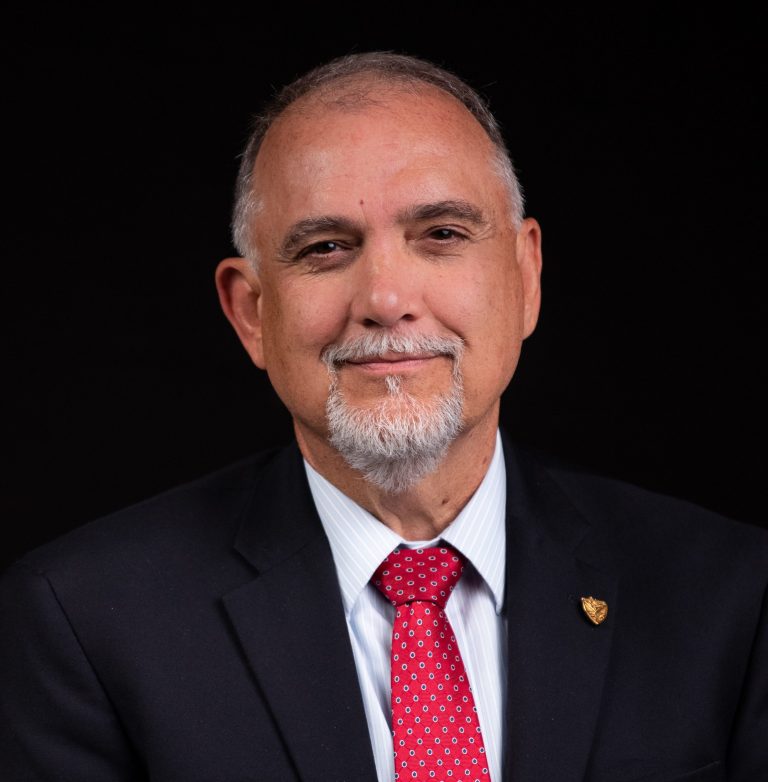Pastor Tom Ascol continues his series in 2 Corinthians. In a message entitled “The Ministry of Reconciliation, the pastor opens God’s Word explaining 2 Corinthians 5:11 – 6:2. Using a vignette from the life of Henry David Thoreau, an illustration was drawn showing both mankind’s sincerity and willful ignorance of God’s desire for reconciliation. Today people willfully ignore biblical teachings such as “all have sinned” (Romans 3:23) the result of which leaves them “by nature children of wrath” (Ephesians 2:3). As sincere as we may try to be, ignoring both our biblical estate and God’s reconciling plan of salvation really does show our willful ignorance.
Paul recognized both truths and responded to God’s call for both his salvation and his resulting service to God. What motivated Paul, and what were the results of his ministry of reconciliation? Today’s passage answers both questions. Paul’s motives give meaning to his actions. He was motivated by keeping a focus on the upcoming day of judgment (v. 10). His focus was twofold: he knew he would appear before Christ to have his, Paul’s, works judged for rewards but he also recognized the unsaved would appear and be judged for their sins. In today’s passage Paul once again seems to be trying to persuade the Corinthians to be true to the gospel they heard from Paul and to which they had responded. These same Corinthians, having been witness to Paul’s life and activities, should not have needed persuading, Furthermore, however, Paul is motivated by God’s love. Here was love so great, a love demonstrated by Jesus giving His life, that seemed to demand one’s complete surrender. Paul says God’s love controlled him and that he, and we, should no longer live for ourselves but for Jesus. This is particularly so since Jesus is the one and only true savior. He willingly died a death sufficient to cover the sins of those that come to Him. So great a savior, so great a salvation calls to you; why will you not come to Him today and be saved? Eternity hangs in the balance of that decision.
The consequences of Paul’s ministry of reconciliation, and the ministry to which all believers are called, are three fold. First, believers have been given a new perspective. We need no longer evaluate people according to the flesh. What matters now is a person’s relationship to Jesus Christ rather than their standing in the world or world system. Second, believers are a new creation (v. 17). Old things have passed away; in Christ all is new. Of course, humanly speaking we have no control over this; it is solely a work of God reconciling us to Himself through the salvific work of Jesus Christ on the Cross of Calvary. Third, as previously mentioned, believers have been given a new job, a ministry of reconciliation. We are ambassadors representing another kingdom, an eternal kingdom. We speak urgently, pleadingly, seeking others to be similarly reconciled with God. Verse 21, “For our sakes he (God the Father) made him (Jesus the Son) to be sin who knew no sin, so that in him we might become the righteousness of God.” It is the Great Exchange, Jesus taking our sins, we being given His righteousness, that provides the reconciliation that those coming to God through Jesus, the only way, enjoy and show to others.























